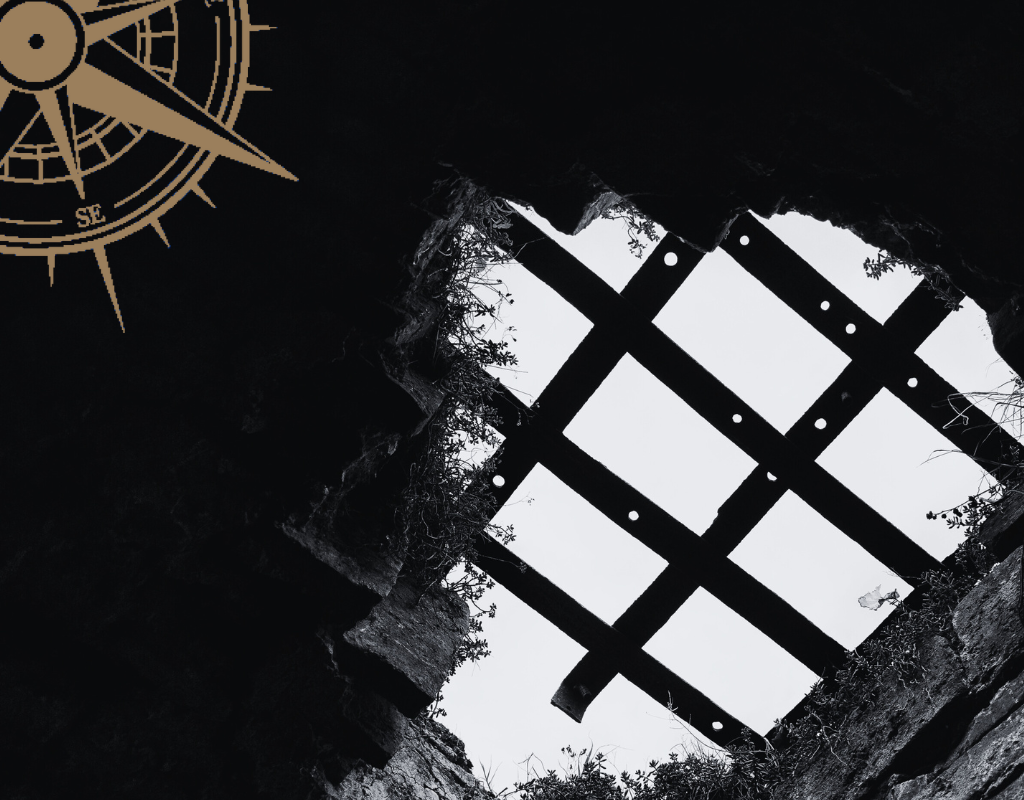Human behaviour is fascinating.
Let’s take the psychological phenomena that influence it.
Each phenomenon offers you a little peek through a window into how people perceive, react to, and interact with the world around them.
Whether it’s understanding why we sometimes stick to decisions that aren’t beneficial (like in the sunk cost fallacy) or why we might feel oddly out of place despite our achievements (as with imposter syndrome), these phenomena help us make sense of complex human behaviours.
When we understand the complexities of human behaviour, we can then better understand how to solve problems at a deeper level.
There is one phenomenon that I find people get trapped in and how it impacts you.
Have you ever found yourself deeply invested in something—like a career, course, or financial investment—where you’ve put in significant time, money, and effort, but no longer feel it’s the perfect path for you?
Yet, instead of considering the potential benefits of changing direction, you find yourself focusing on the resources you’ve already spent.
In this moment you are prioritising past investments over future opportunities.
It’s known as the sunk cost fallacy.
It’s a cognitive bias impacting your life.
It leads you to stick with courses, career paths, or relationships that no longer bring value simply because abandoning them feels like admitting failure and wasting resources. You find it difficult to cut your losses and move on.
A client comes to mind when I think of the sunk cost fallacy.
They had invested money, time, and energy in choosing a niche in their coaching business. They had the website, the communication, the content.
But they weren’t getting clients.
When we refined their lane, who they were actually here to serve, and their message to share with the world, they thought ‘how can I change now, because I have invested so much into this other path.’
This is the sunk cost fallacy.
The trap becomes being stuck on a path that you don’t love because the money invested is more important than having a heart in what you do.
Another client who had invested so much money in a property, that if they sold it, they wouldn’t get a return on their investment, but to keep it, it would cost them more money, and a loss of not living life as all additional resources are being poured into the investment.
For anything you change, you have to acknowledge this cognitive bias.
You have to see the lens you are seeing the world, and then you can change it.
Instead of viewing your past investments as wasted, you have to understand how there are valuable learning experiences in everything you do.
Take the lessons with you, and it isn’t wasted.
Use the experience as building blocks rather than barriers, so you can live a life that you feel open to opportunities in the future, rather than being bound by the past.
So if you have a voice inside saying, ‘change your niche, stop the course you are doing and start a new course, or cut your losses and move on,’
Then, perhaps see the potential inside you and focus on what is wisest for the future rather than what has been lost in the past.
Be flexible to change and realign when you feel the inner calling.
Tanya x
Leadership Coach & Master Certified Demartini Method Facilitator
BAppSoSc (Counselling)
